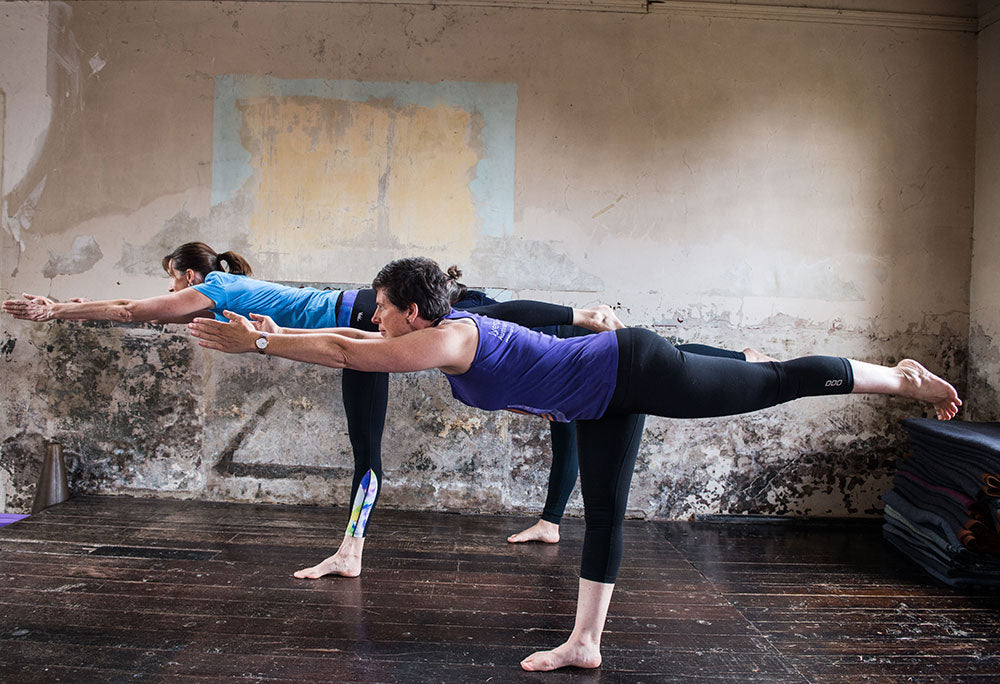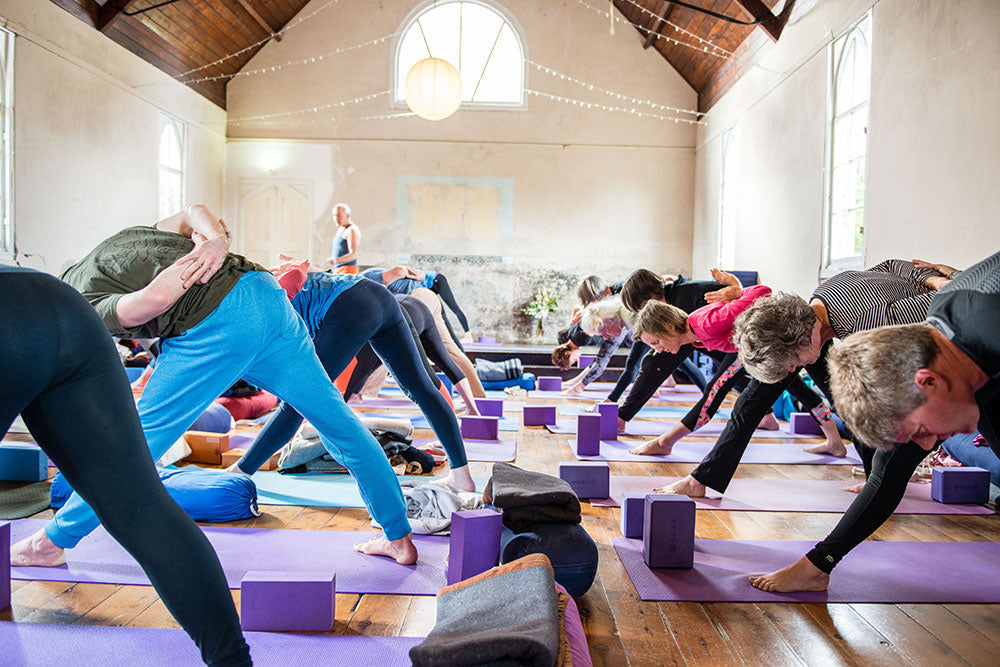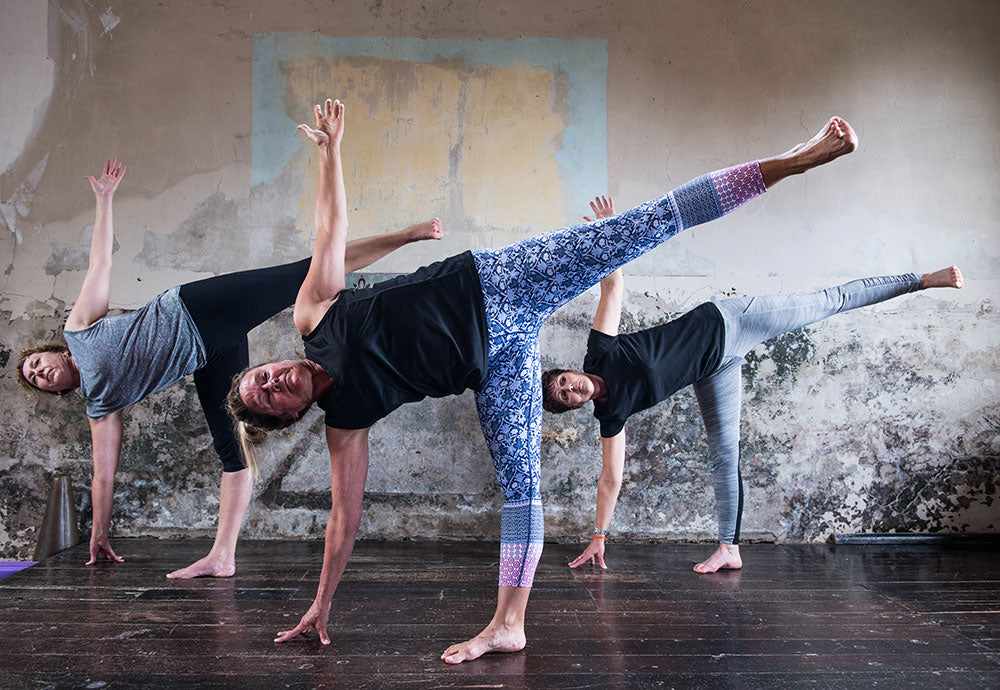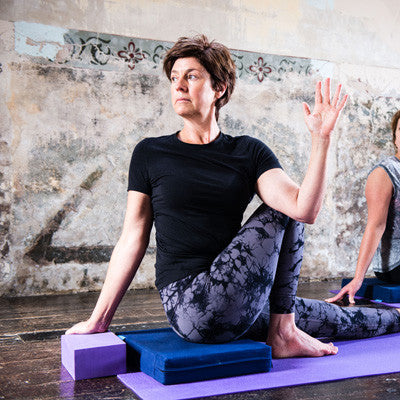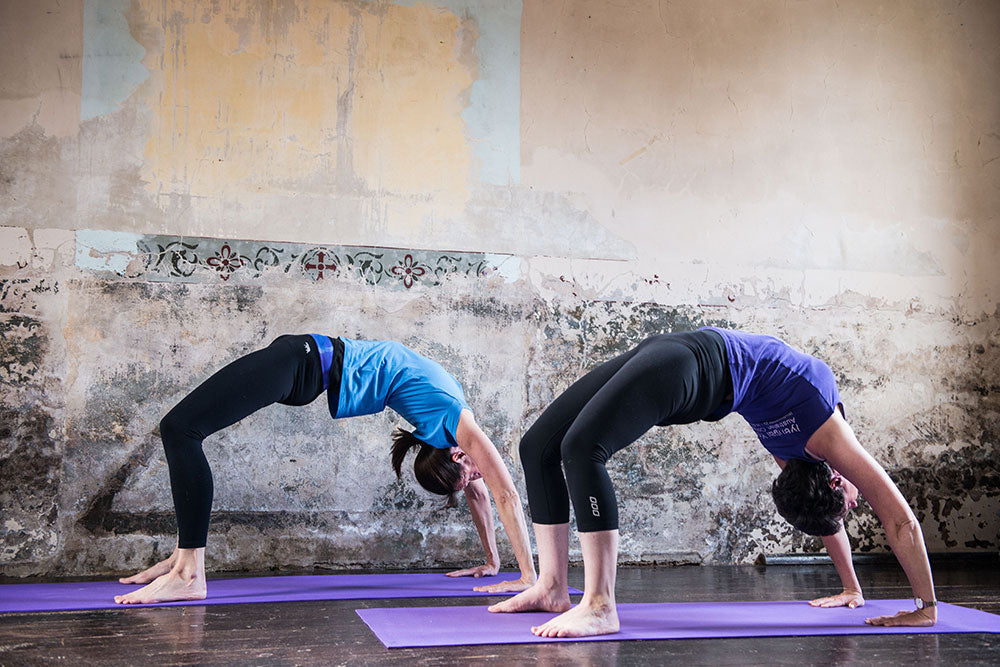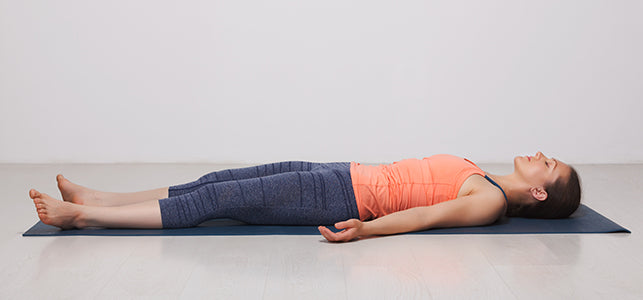
Self Care Class 4pm Sat 6 November: The Vagus Nerve and the Relaxation Response
At the Self Care Class tomorrow we will practice asana and pranayama to stimulate the vagus nerve. This neural pathway facilitates your ability to find calm. The asanas and pranayama we will practice tomorrow will be carefully chosen to activate the relaxation response. It will be nurturing, relaxing and done with a view to cultivating awareness. Here is some interesting information about the Vagus nerve to give you some context before the class.
The Vagus nerve is the 10th cranial nerve. It’s known as the ‘wandering nerve’ because of it’s wide distribution within the body.
The Vagus nerve is the largest cranial nerve that relays messages between the brain and the respiratory, digestive and nervous systems. Your breathing, digestion and heart rate are all directly connected to the Vagus nerve. It influences many things including facial expression, brain hormones, the gut and all the other organs in the abdomen e.g. the liver, kidney and spleen.
This neural pathway facilitates your ability to find calm. It does this by activating the relaxation response of the para sympathetic nervous system.
The para sympathetic nervous system (PNS) is one of the two antagonistic systems making up the autonomic nervous system (ANS). The parasympathetic nervous system promotes the ‘rest and digest’ response, and corresponds with calming the body and enhances digestion.
The sympathetic nervous system (SNS) promotes the ‘fight and flight’ response and corresponds with arousel and energy generation. It alerts us to stressful situations and activates our body's response mechanisms.
‘The system primes the body to deal with emergencies. The vast majority of people are stressed and live in environments of stress. In this state, the sympathetic nervous system is constantly switched on. This results in increased levels of the hormone cortisol. The consequences of this include high blood pressure, increased risk of infection, weight gain, and heart rhythm irregularities. It also increases the sensitivity to pain, aggravates the symptoms of fibromyalgia and insomnia, and in those generally predisposed, can increase the incidence of auto immune disease.’[1]
When we stimulate the Vagus nerve, we help the body come into it’s ‘relaxation response’, which decreases inflammation, anxiety and stress.
The response to vagal nerve stimulation can be measure in a number of ways including an increase in lung capacity and an increase in heart rate variability.
The Vagus nerve is also called the nerve of emotion says Ashtanga teacher and scholar Eddie Stone. “It impacts whether you feel safe and protected in a secure grounded place. This is why practices that tap into this nerve can improve one’s state of mind and overall sense of comfort while reducing stress and inflammation.”[2]
Low ‘vagal tone’ indicates stress and is characterised by anxiety, negativity, weak digestion, depression, and inflammation. Optimal ‘vagal tone’ is illustrated by our ability to manage stress denoted by a balanced disposition and psychological well-being. Yoga has a lot to offer in this area. Asana, meditation and pranayama can help build resilience and adaptability which allows you to minimise anxiety and move through daily life with ease.
The asanas we practice at the Self Care Saturday Class stimulate and tone the vagus nerve.
Breathing is one of the fastest ways to stimulate the vagus nerve. The Pranayama we will do in the Self Care class, called Brahmari, is very specific to vagal stimulation.
I hope you will join me to devote some time for self care tomorrow. All levels welcome in the studio, or online. You will be very welcome.
Use this link to book: https://orangeyogaroom.punchpass.com/
[1] Vegus Nerve – Dr Daniel Lewis
[2] The Vagus Nerve and Why it Matters in Yoga – Yoga for Modern Life.
